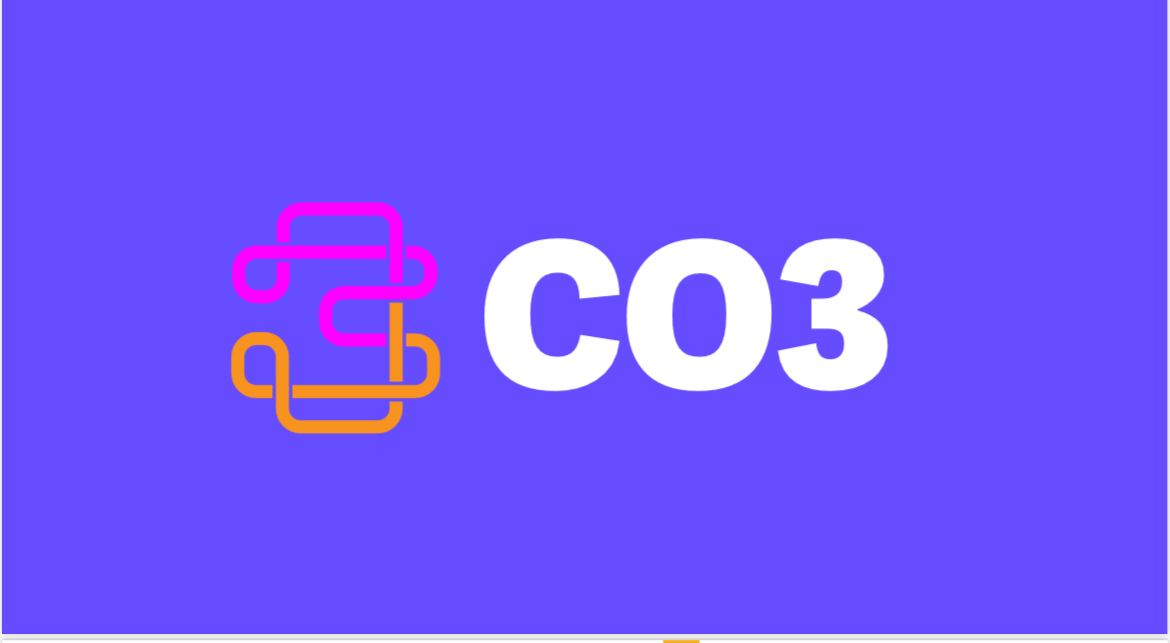A social contract is a political-theoretical concept which describes the (fictive) basic agreement between the members of a polity on the principles of this polity. There is a long legacy of various definitions of a social contract in political theory. There is also a long historical legacy of practiced social contracts, in countries inside and outside the European union.
To grasp the impact of the social contract between individuals and groups as well as between the demos and the state across societies, it is crucial to understand the concept in plural and analyse how definitions and practises shape also the scope, implications, and resilience of social contracts in the face of societal transformations. This requires a high-level of context sensitivity and ability to shift between local, regional, national, and transnational settings.
Based on the analyses of the limitations of, and challenges to the social contracts in political theorising and practices, CO3 aims at developing and promoting a more democratic, more inclusive and more open model of social contracts, which manifest political and social resilience in the face of major societal challenges, crises, and anti-democratic tendencies.
Drawing from 8 empirical case studies in EU member states, and in 3 non-member states, CO3 researchers study the safeguards and mechanisms for resilient social contracts over time. While the theoretical ambition of the CO3 project is to analyse how the contemporary theories of the social contract contribute to our understanding of the social contracts in the current crises-driven European political environment, the empirical ambition is to investigate contradictions and tensions between practices, narratives and lived experiences in social contracts across EUrope through concrete cases.
As a result, CO3 generates evidence-based knowledge on the safeguards and mechanisms for promoting resilient social contracts, which support citizen involvement and democracy across EUrope.
To grasp the impact of the social contract between individuals and groups as well as between the demos and the state across societies, it is crucial to understand the concept in plural and analyse how definitions and practises shape also the scope, implications, and resilience of social contracts in the face of societal transformations. This requires a high-level of context sensitivity and ability to shift between local, regional, national, and transnational settings.
Based on the analyses of the limitations of, and challenges to the social contracts in political theorising and practices, CO3 aims at developing and promoting a more democratic, more inclusive and more open model of social contracts, which manifest political and social resilience in the face of major societal challenges, crises, and anti-democratic tendencies.
Drawing from 8 empirical case studies in EU member states, and in 3 non-member states, CO3 researchers study the safeguards and mechanisms for resilient social contracts over time. While the theoretical ambition of the CO3 project is to analyse how the contemporary theories of the social contract contribute to our understanding of the social contracts in the current crises-driven European political environment, the empirical ambition is to investigate contradictions and tensions between practices, narratives and lived experiences in social contracts across EUrope through concrete cases.
As a result, CO3 generates evidence-based knowledge on the safeguards and mechanisms for promoting resilient social contracts, which support citizen involvement and democracy across EUrope.
Ruzha Smilova talks with Ivan Krastev on polycrisis and "existential threats" to the EU; in what sense can we speak of a social contract in Europe and what are the reasons for hope of a resilient democracy in Europe.
Period: February 2024 - January 2027
Coordinators: Ruzha Smilova, Milla Mineva, Daniel Smilov, Kaloyan Velchev
Financing Organisations: Horizon Europe Research Project
Leading Partner: University of Helsinki (UH)
Partners: Demos Research Institute (DRI); Hochschule Fulda-University of Applied Sciences (HFD); Istanbul Bilgi University (IBU); Uppsala Universitet (UU); The American University of Paris (AUP); Centro des estudos Sociais (CES); Sveuciliste u Zagrebu Fakultet Politickih Znanosti (UNIZG); Higher Educational Establishment Ukrainian Catholic University (UCU)
